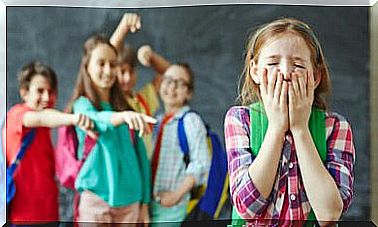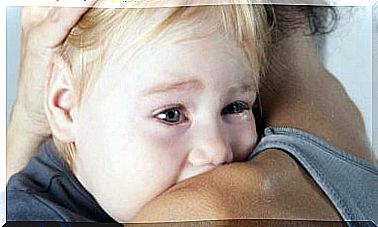How To Help Overcome Childhood Fears
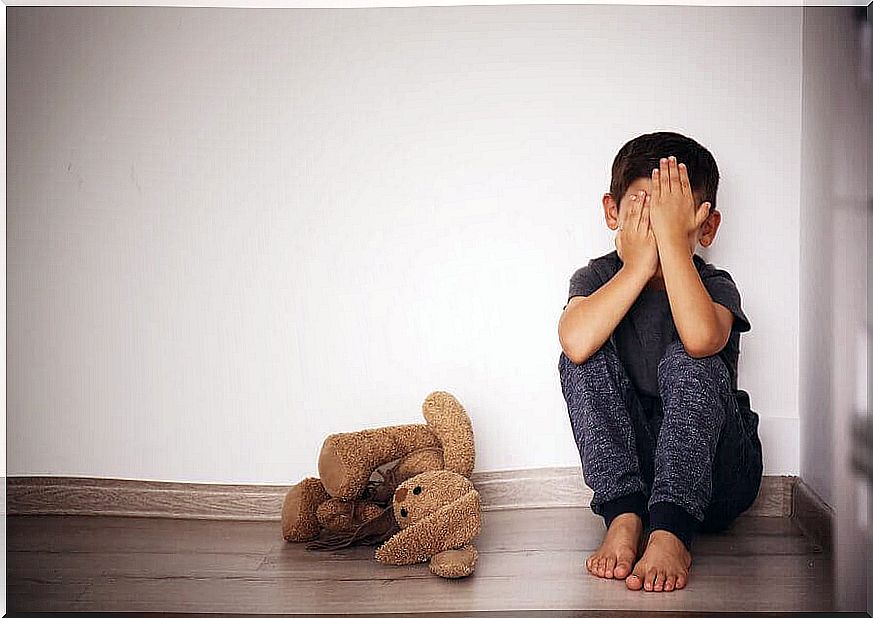
Children’s fears are relatively normal until a certain age. To a greater or lesser extent, most children experience this. However, it is not the same thing as a phobia or an anxiety disorder. But how can we help children overcome childhood fears?
The Importance of Understanding Child Fear
At different stages of children’s development, it is common for them to feel fears that are characteristic of their growth and a specific evolutionary stage. When a child is afraid of the dark, strangers or being alone, what we call ‘evolutionary fears’ may be forming.
Fear is a natural reaction of living beings and aims to avoid dangerous situations, both immediate and potential, that put their survival at risk. In children, fears are common in most cases. They are usually temporary and vary in intensity depending on the stage of development.
Children’s fear according to age
Children’s fear varies according to the child’s age. During the first two years, the fears are due to loud noises, people they don’t know and separation from parents.
Upon reaching preschool, these fears become more evident as the child begins to develop his imagination and his fears become more abstract. For example, they are afraid of ghosts, monsters, witches, etc.
At school, between 7 and 11 years of age, fears begin to relate to reality. Generally, they are related to suffering physical injuries, illnesses or going to the doctor. For example, the child may be afraid of the parents’ divorce or of not adapting socially.
In your preteen years, the fears mentioned above start to get smaller and smaller. At this stage, issues related to the school environment are of great importance : it is the case of not being accepted by colleagues, adults’ disapproval and failure in grades and performance at school.
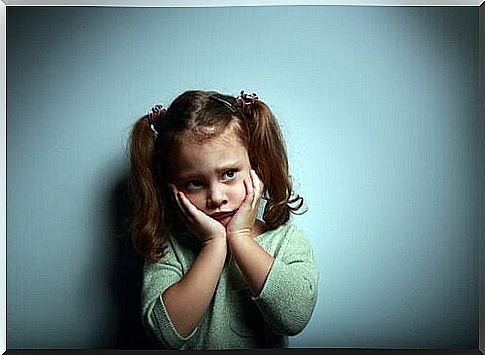
When childhood fear turns into phobia
Childhood fear is not the same thing as a phobia. Therefore, parents must be aware. If there are symptoms that the child has phobias, it is necessary to seek help quickly.
A phobia is a constant, excessive and irrational fear that the child has in face of a specific situation or object. Unlike fear, which seeks to protect us in risky situations, phobia refers to an irrational fear of a danger that cannot be controlled by the child. This fear limits and paralyzes you.
However, it can be very difficult to distinguish fear from a phobia. Usually, phobias are manifested by the emotion that arises from the anxiety generated when facing certain situations or specific objects.
It is necessary to keep in mind that there are three types of phobias, depending on the stimulus that triggers them:
- Generalized: fear and excessive anxiety are experienced in different types of situations.
- Specific: refers to fear of situations related to animals or insects, or related to the natural environment, such as weather phenomena, or fear of any medical intervention.
- Social: social situations generate anxiety or else the child feels great discomfort. For example, being with a lot of people, interacting with strangers, etc.
How to help overcome childhood fears?
The fact of not accompanying the child and helping him to overcome his fears during child development can have consequences in adult life. The result will be an increased likelihood that he will suffer from generalized anxiety in the face of various challenges or situations.
For more security, it is always better to approach the problem with a professional. After all, he will recommend the proper treatment to alleviate the child’s fears.
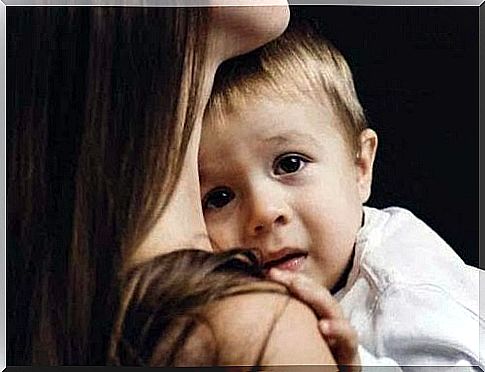
In the domestic sphere, to help the child with their fears, the following guidelines must be very clear:
- Identify which situations or objects cause fear.
- Communicate actively, listening and seeking contention.
- Transmitting security and confidence to the child, especially so that she can overcome fears or situations that cause her frustration.
- Teach methods for controlling anxiety or provide some tool for dealing with a situation. For example, give her a special object that she feels safe in case she is afraid of the dark at night.
- Set an example and provide the child with a positive perspective on the problems, especially teaching them to find possible solutions and to see fears as something that is part of life.
In short, helping to overcome childhood fears is possible and extremely beneficial. However, their presence should not be a cause for concern for parents, as long as they don’t become major inconveniences.
